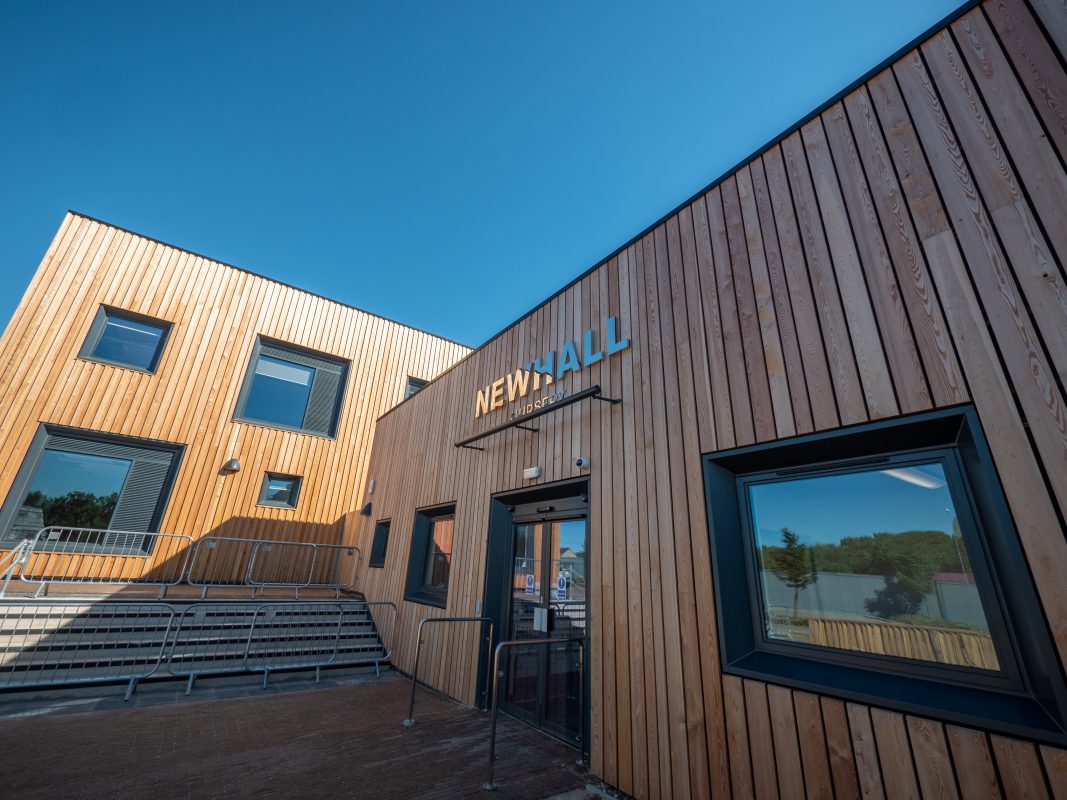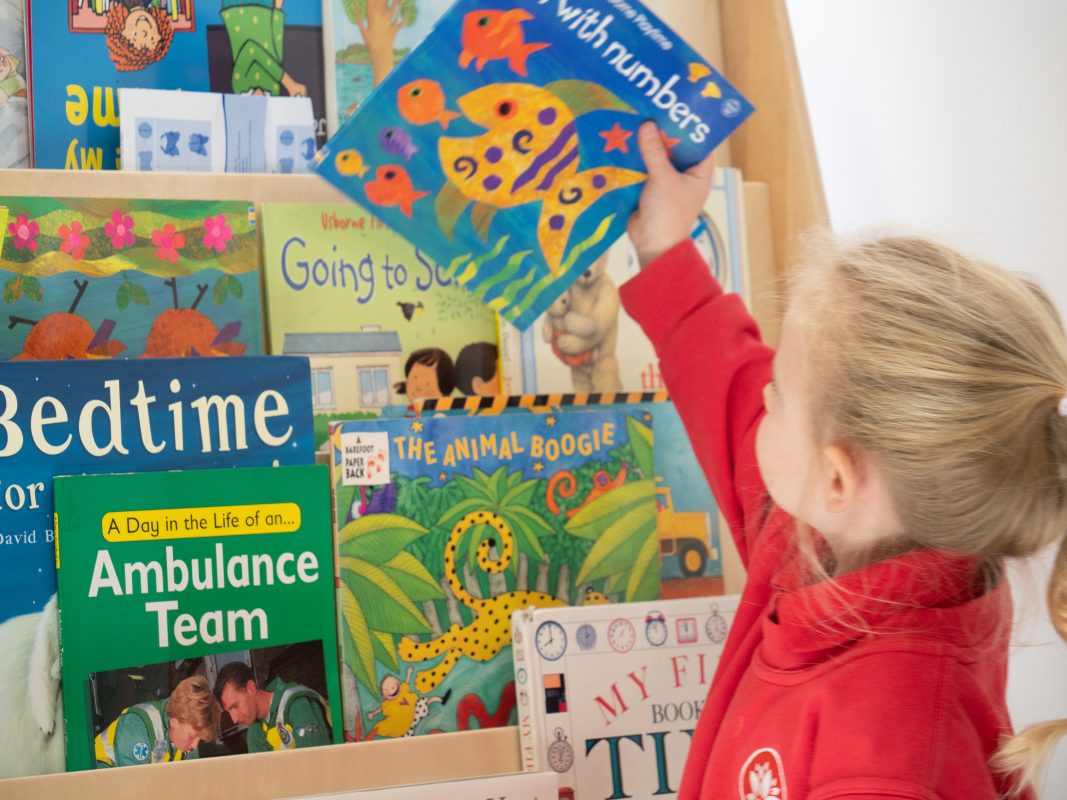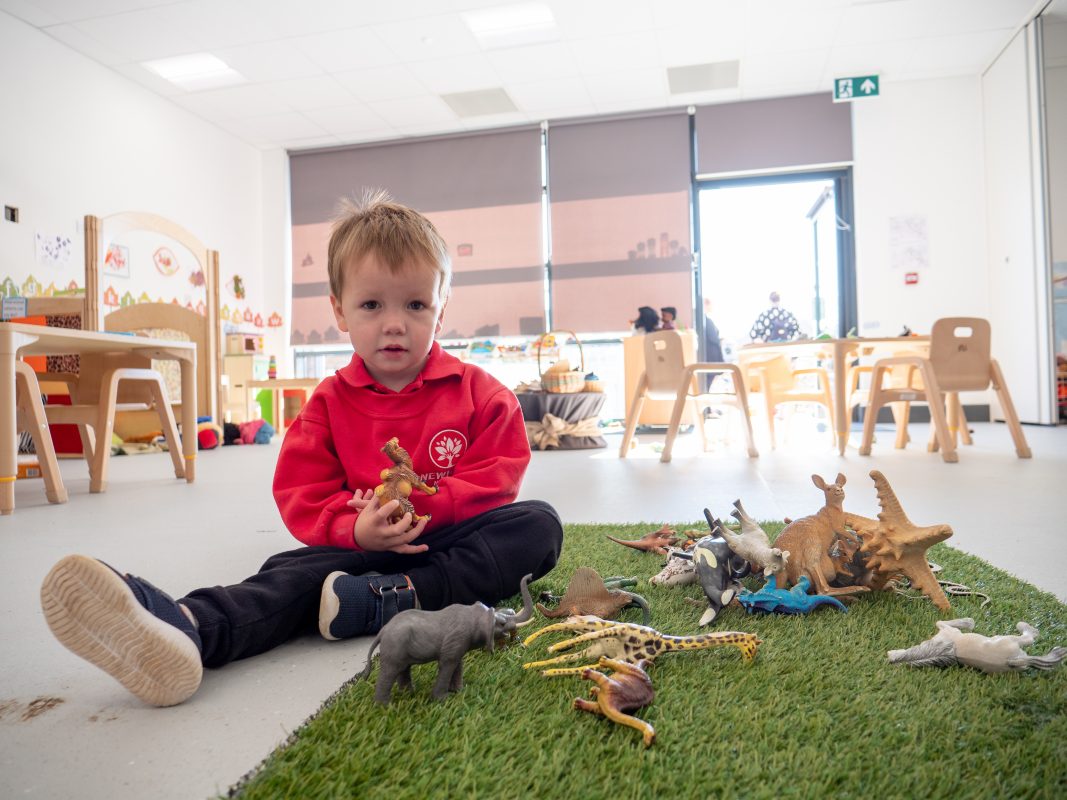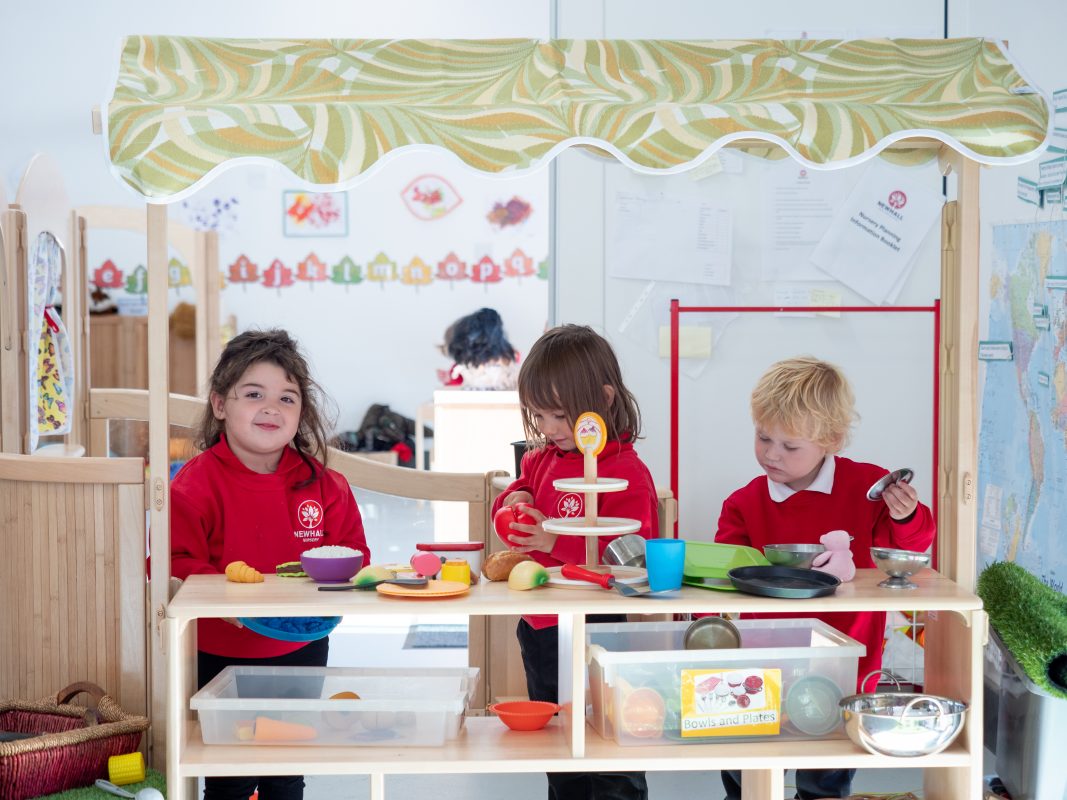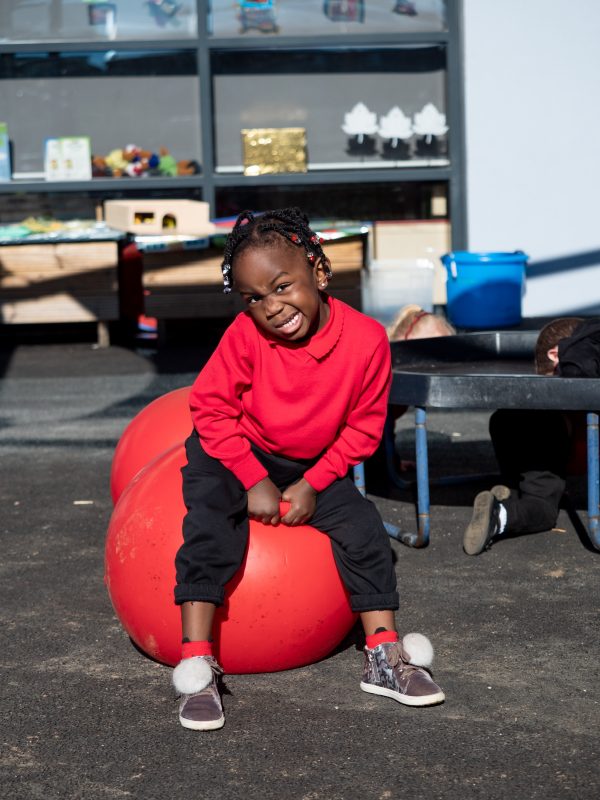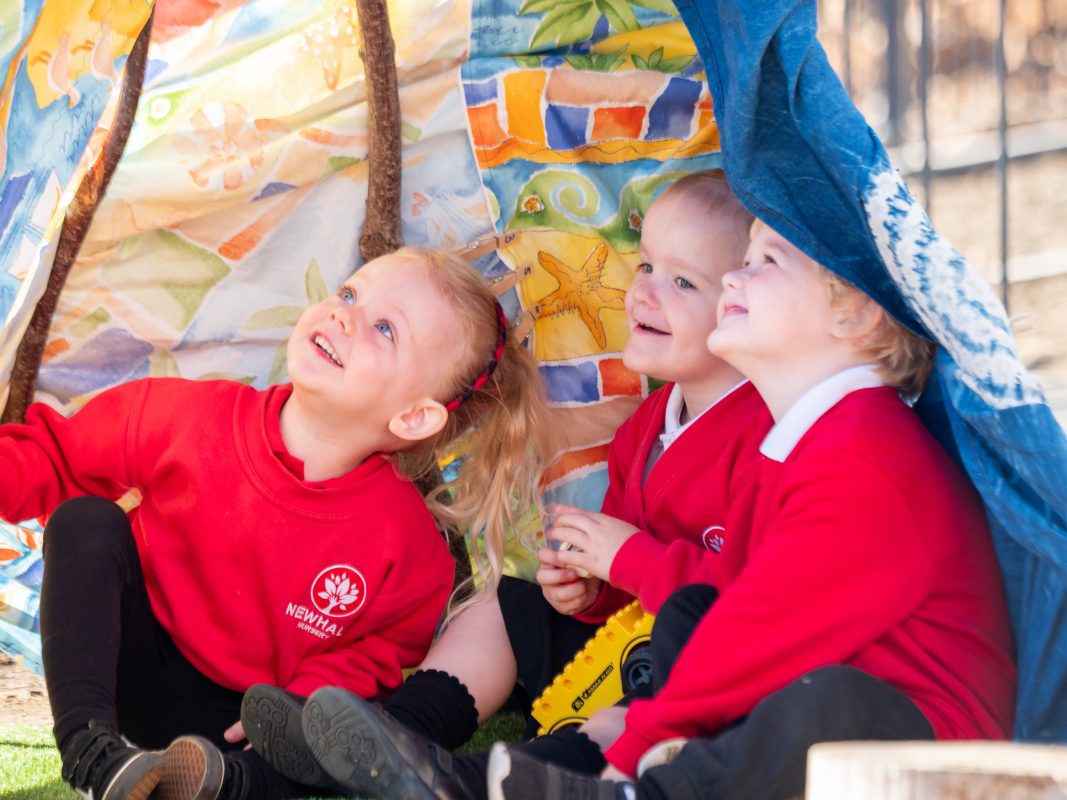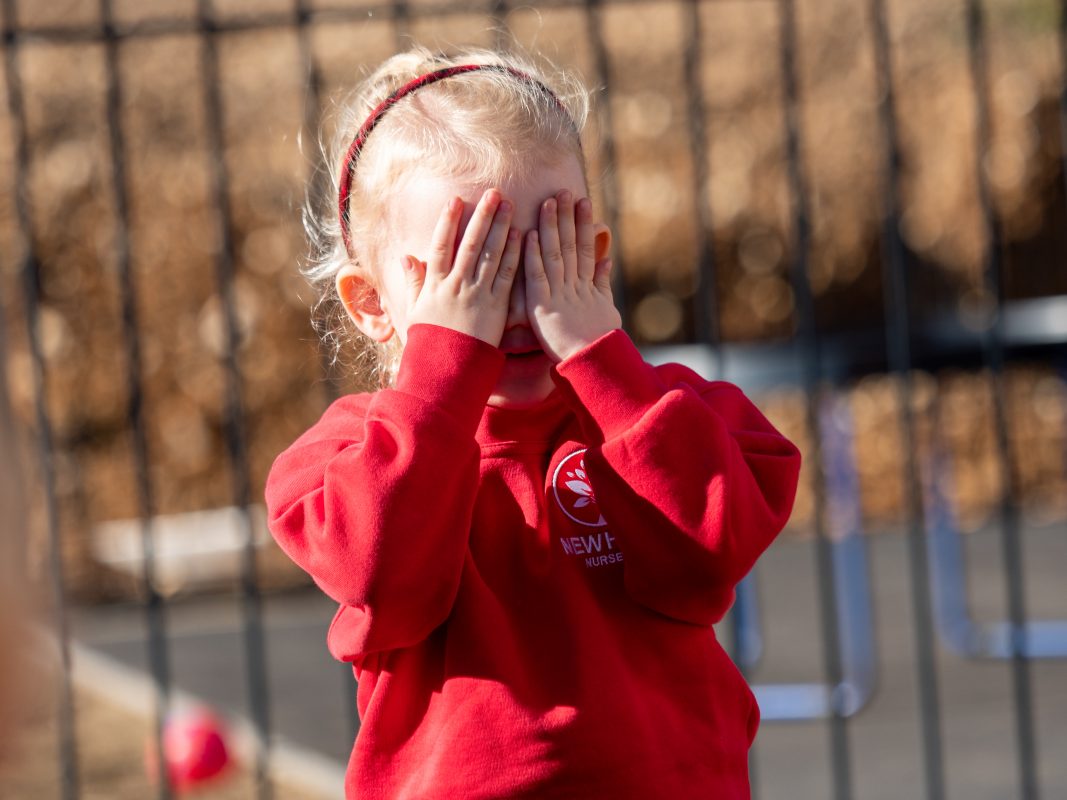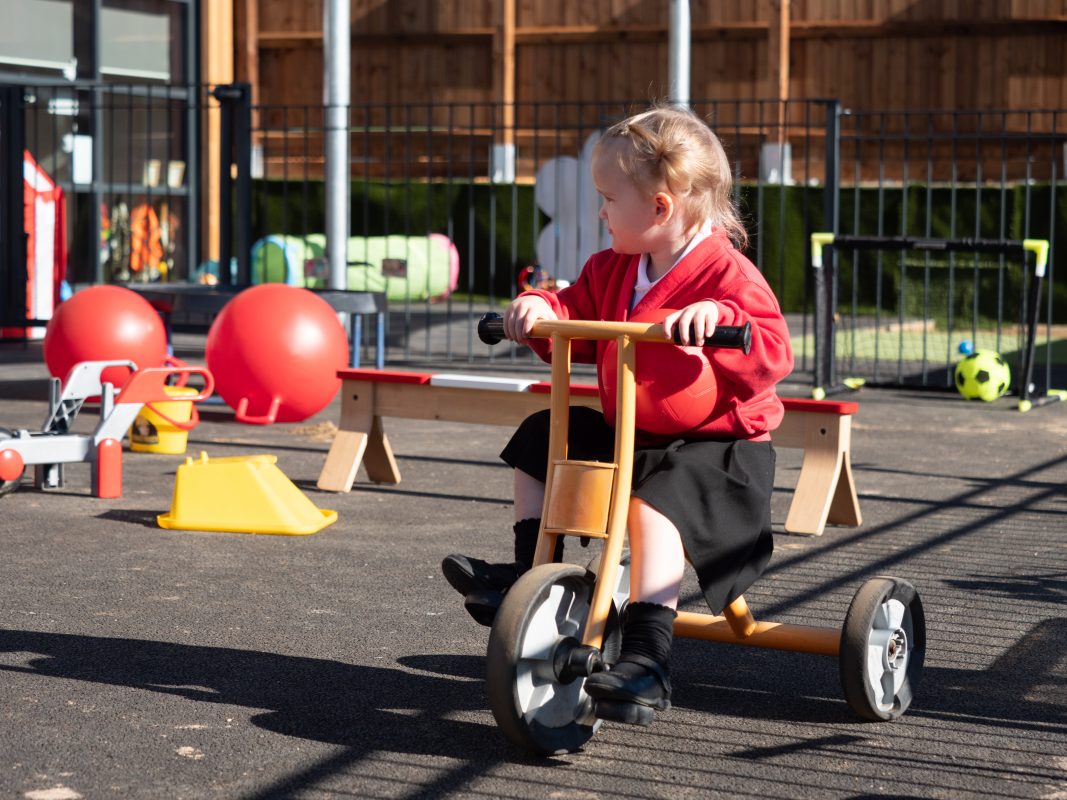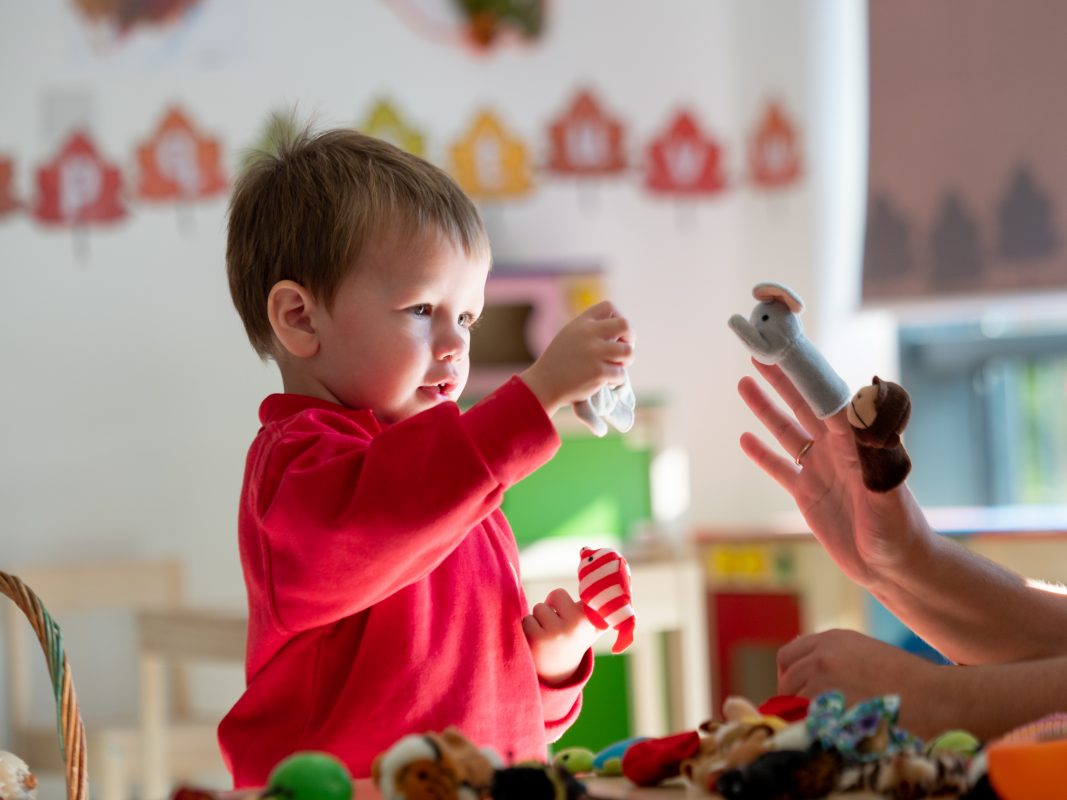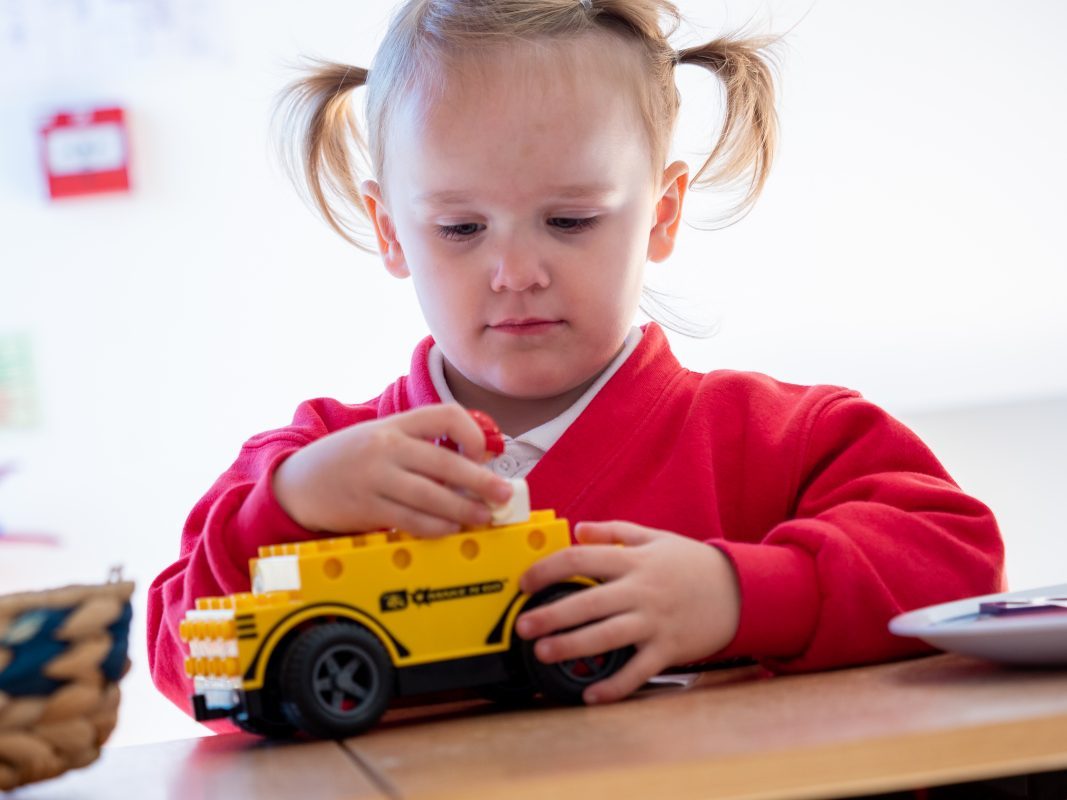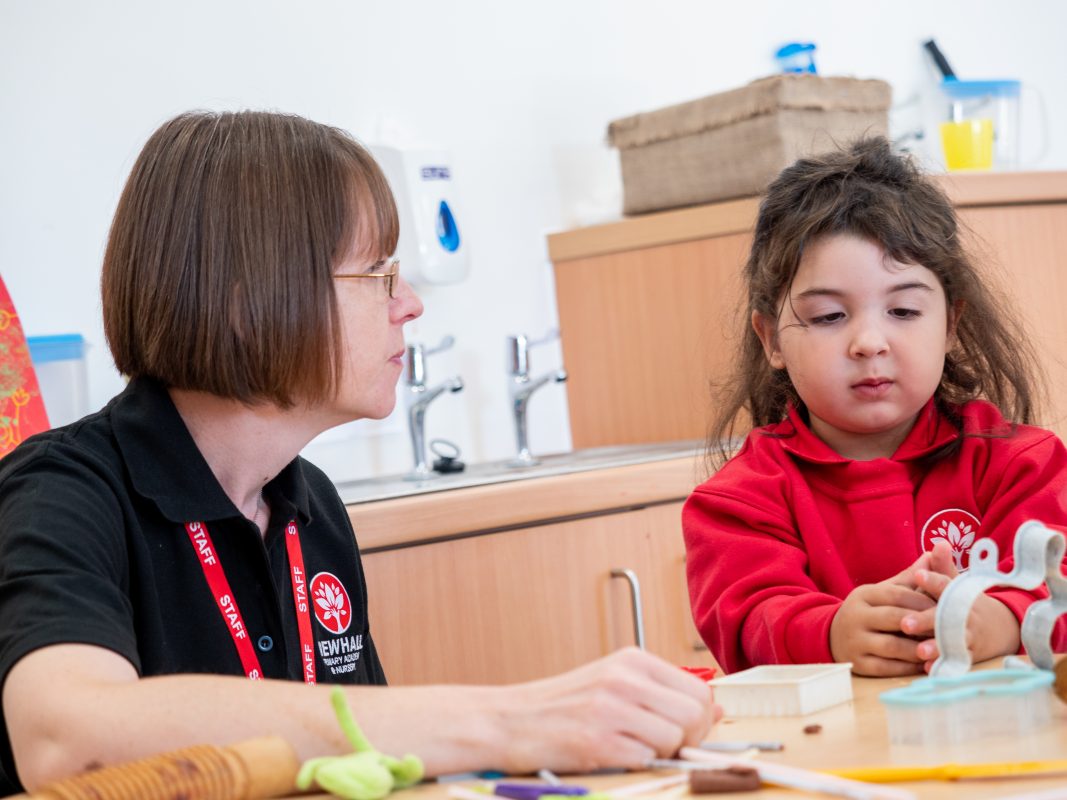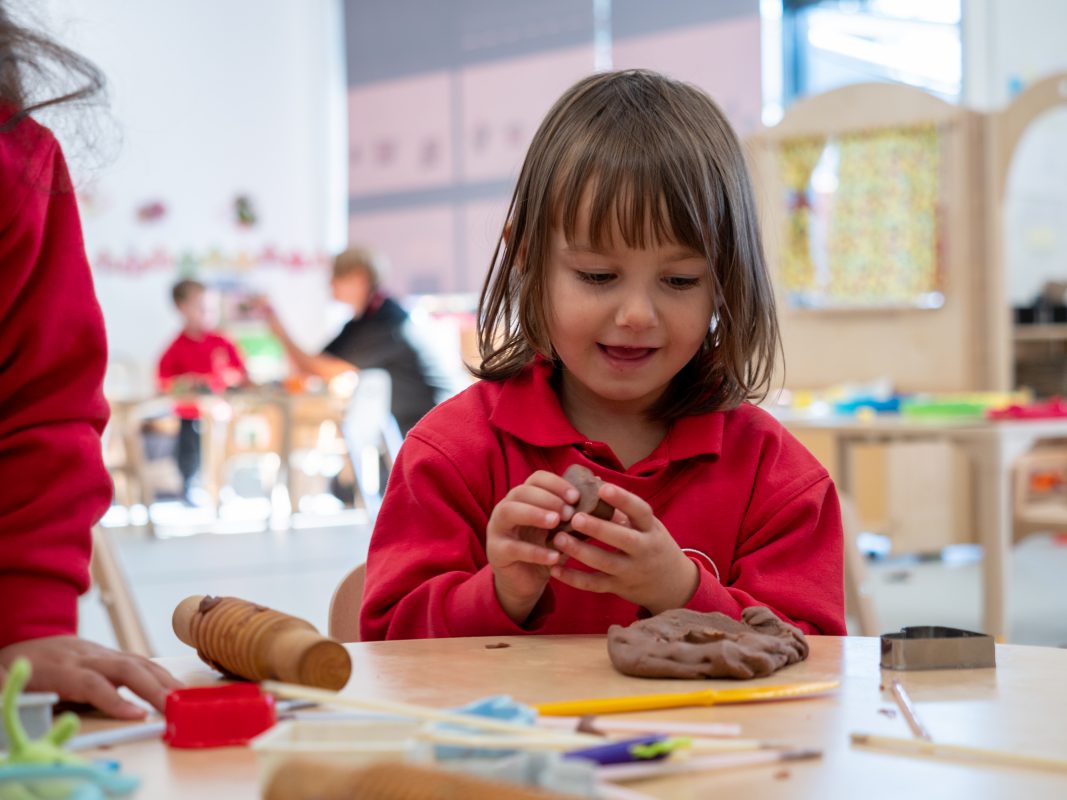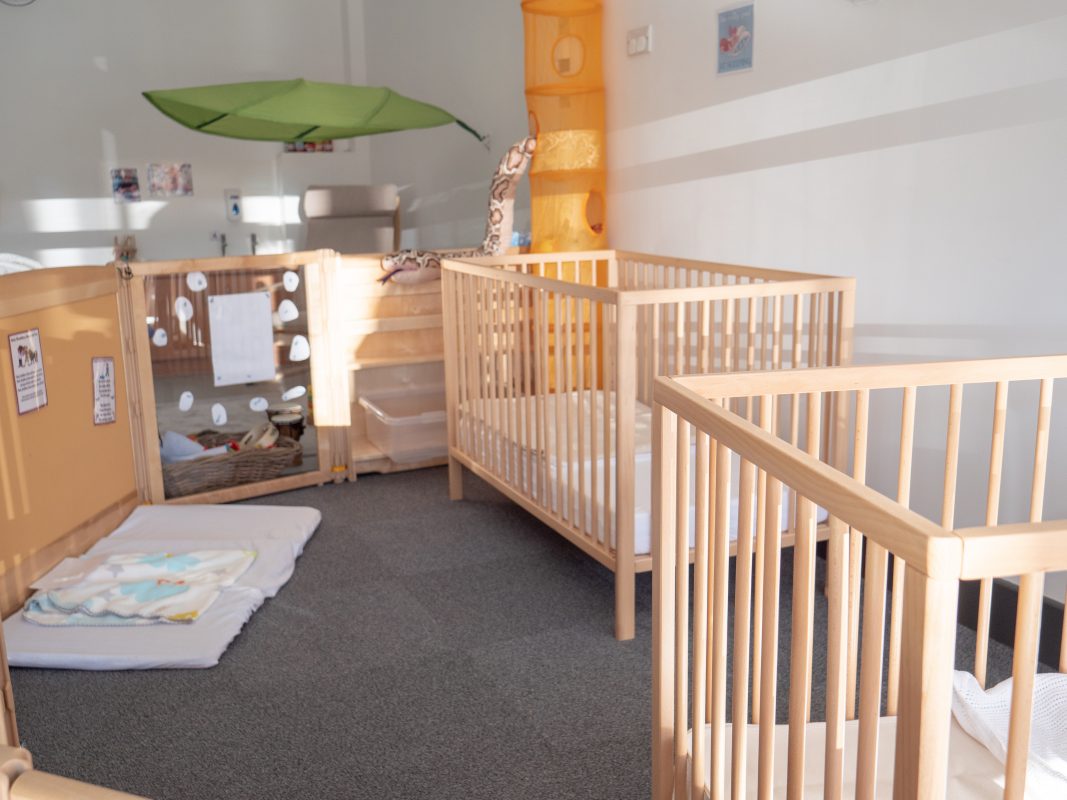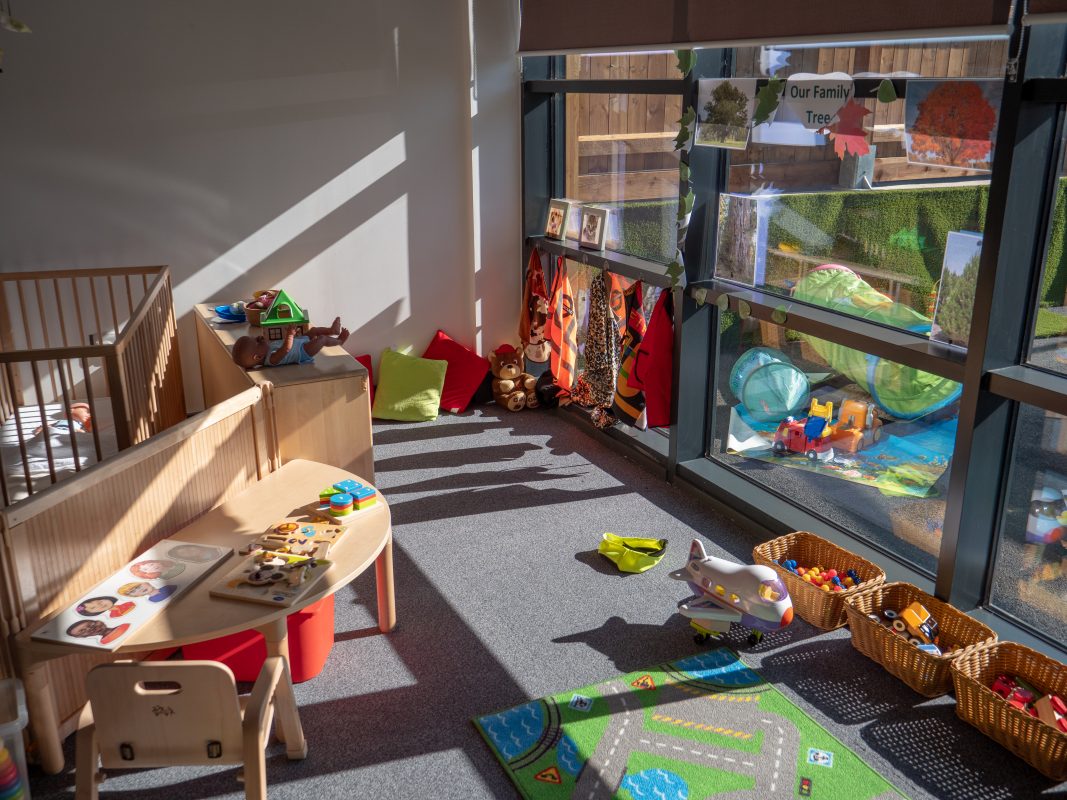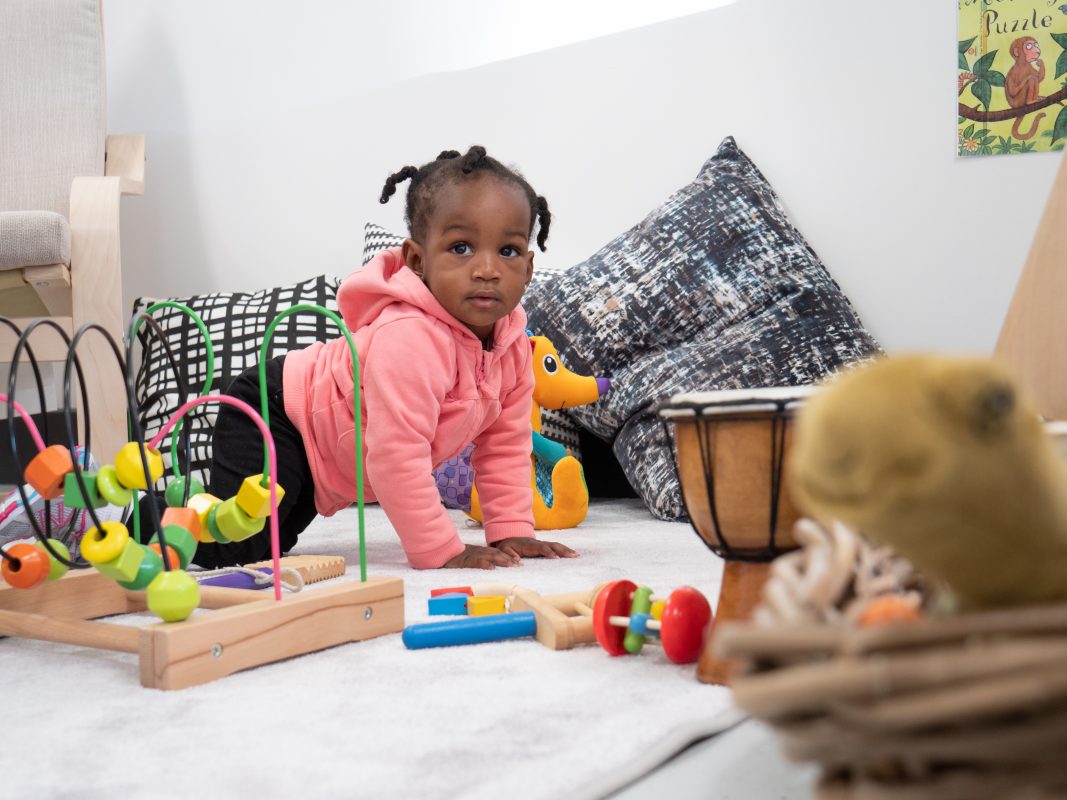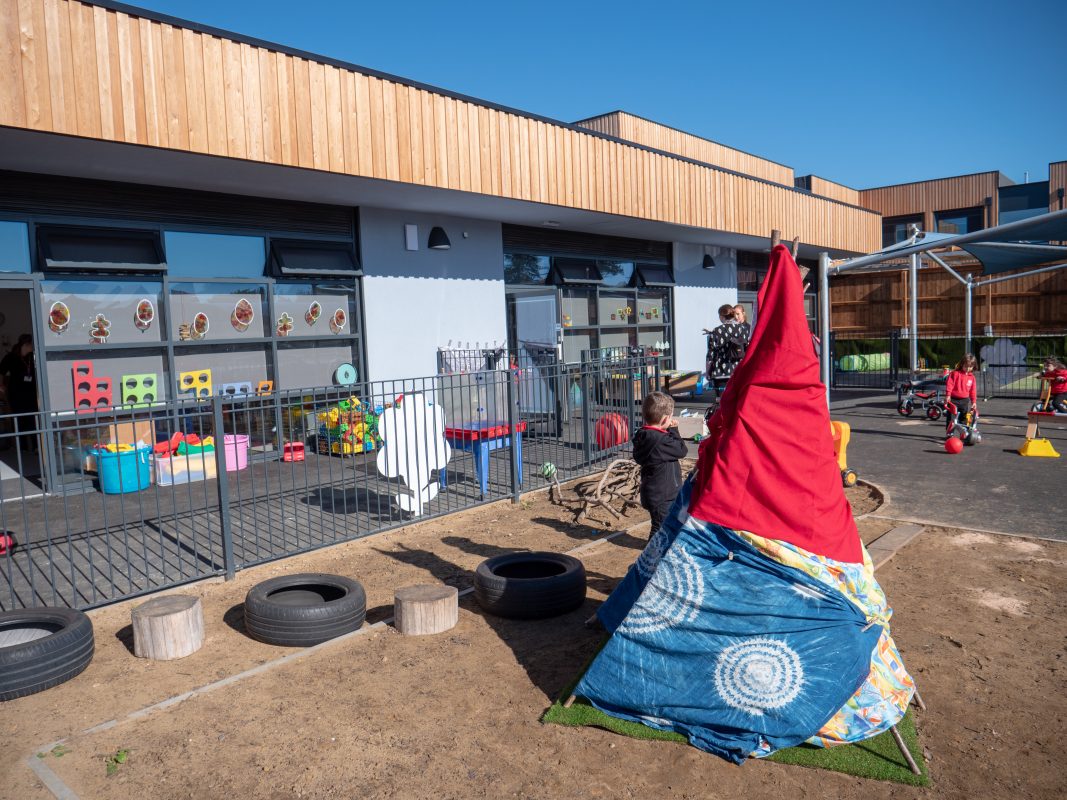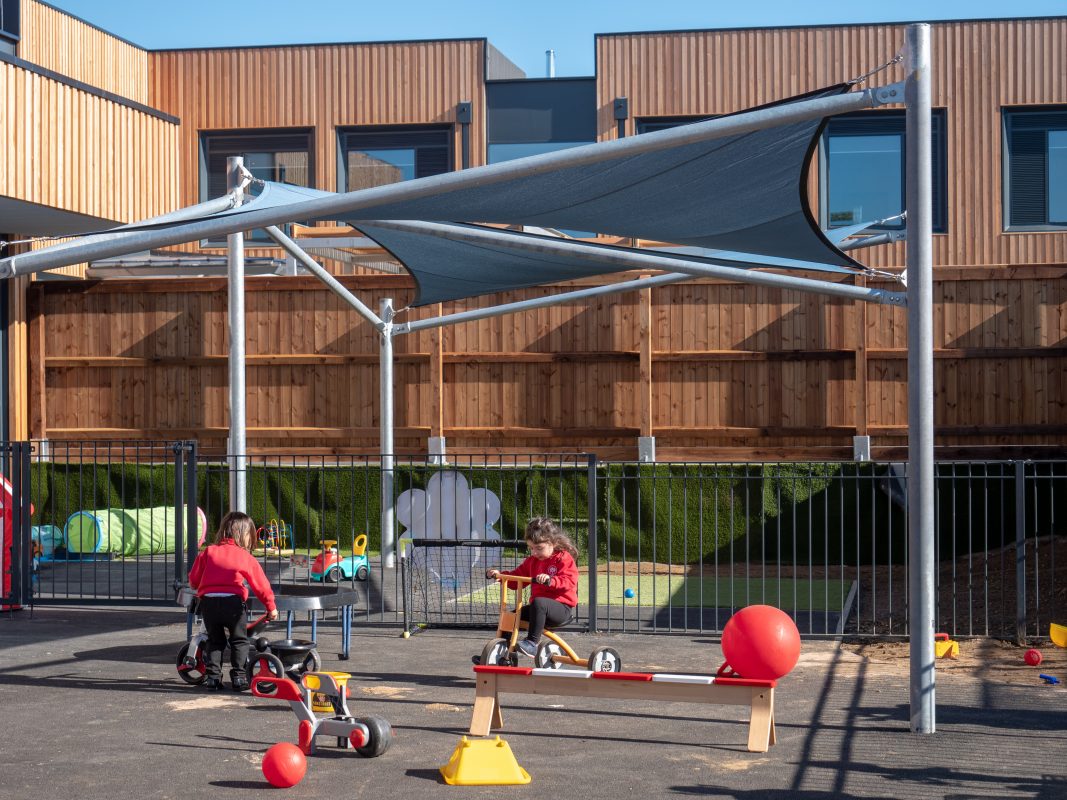Early Years: Reception
The Early Years at Newhall Primary Academy and Nursery.
The importance of play
Your child will begin to learn by doing things for themselves, by exploring and investigating, watching and listening, talking and discussing, creating, and communicating – in other words, playing. Play is children’s work and playing hard is very tiring! Play can also be very messy as your child will be learning both inside with sand, water and paint, and also in the outdoors with mud, leaves and so on, so you can expect some mucky clothes at the end of the day.
The Early Years Foundation stage
The Early Years Foundation Stage (EYFS) is a curriculum for 3–5-year-old children. This is broken down into three prime aspects and four specific areas of learning. The three prime aspects of learning are:
Personal, social, and emotional development
An important aspect of your child’s time at nursery will be their personal, social, and emotional development. They will be encouraged to develop positive relationships, to play with a variety of friends and to understand the feelings of others. They will have lots of chances to build confidence and self-awareness, and also to manage their feelings and behaviour.
Communication
Communication is a key area of your child’s learning in nursery. They will spend lots of time sharing rhymes, songs, stories, and playing games to develop their speaking and listening skills. They will be encouraged to learn to listen carefully, to develop concentration, to respond to questions and instructions, to share ideas and experiences, and to take part in conversations.
Physical development
Your child will be given lots of opportunities to move in different ways, for example, running, jumping, balancing, and playing with balls. Another important aspect of physical development at this stage is learning to hold and use tools, such as scissors, and to use pencils and pens to draw lines and shapes. Your child will also begin to understand how to look after themselves and be healthy.
In addition to these three prime aspects of learning, there are four specific areas:
Literacy
The ‘Communication’ section above outlines some activities to develop speaking and listening skills. In addition to sharing lots of stories, your child will probably be encouraged to handle and look at books independently and to start learning how stories are structured. There will be opportunities for your child to recognise their own name. Your child will be encouraged to draw, paint, and make things, so that they develop control and hand-eye co-ordination. They may begin to learn to copy the letters in their name.
Mathematics
At nursery, your child will be given many opportunities to explore numbers and shapes in their play. For example, they may be encouraged to count objects they are playing with and to compare two groups of objects. They will probably begin to represent numbers using their fingers, marks on paper, or pictures.
Understanding the world
Your child will learn about the world around them and they will be encouraged to use simple technology and equipment. They will learn about different lifestyles and cultures as well as the world around us and what has happened in the past.
Expressive arts and design
Imagination and creativity are explored and developed in the area of expressive arts. Your child will explore different media and materials and will use their imagination in a range of different experiences.
Most of the time, your child will be learning all seven areas of learning together, at the same time. So if they spends lots of time in the sand area, for example, there’s no need for concern! They may well be covering all kinds of important learning, such as:
– working with different materials
– finding out about shape, quantity, and volume
– creating imaginative worlds
– feeling different textures
– and even developing motor skills and strength for writing!
Our topics are a mixture of adult- and child-led learning. Have a look at the progression of learning and skills from Nursery to Reception on our Early Years Curriculum Road Map.
EYFS curriculum road map march 2022
Transition to Reception
NEWSLETTERS
Autumn
Our week in Reception 17.09.21
Our week in Reception 24.09.20
Our week in Reception 02.10.20
Our week in Reception 08.10.2021
Our week in Reception 15.10.2021
Our week in Reception 22.10.2021
Our week in Reception 05.11.21
Our week in Reception 12.11.2021
Our week in Reception 19.11.2021
Our week in Reception 26.11.21
Our week in Reception 03.12.21
Our week in Reception 17.12.21
Our week in Reception 10.12.2021
Spring
Reception Newsletter 14.01.2022
Reception Newsletter 28.01.2022
Reception Newsletter 11.02.2022
Reception Newsletter 11.03.2022
Reception Newsletter 18.03.2022
Reception Newsletter 01.04.2022
Summer
Our week in Reception 22.04.22
